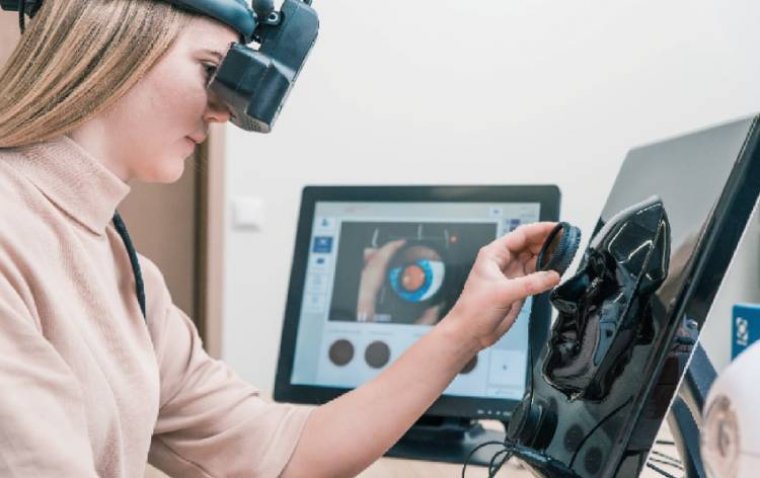
Visionix Unveils VX 610 Automated Fundus Camera for Diabetic Retinopathy Screening
Visionix USA has introduced the VX 610, a non-mydriatic automated fundus camera designed to improve retinal imaging and diabetic retinopathy screening.
The VX 610 features auto alignment, auto focus, and auto capture, allowing for consistent, high-quality imaging with minimal user intervention. Its cross-polarized light technology ensures clear retinal images without the need for pupil dilation, enhancing patient comfort and streamlining the examination process.
With a 45-degree field of view and a 90-degree mosaic function, the VX 610 provides comprehensive retinal screening, essential for detecting early signs of diabetic retinopathy and other retinal conditions. The camera’s compact design and touch-screen interface make it easy to integrate into any clinical setting, from hospitals to private practices.
.jpg)
About Visionix
Visionix is a provider of diagnostic and imaging solutions for eye care professionals. The company focuses on developing innovative technologies that enhance the precision and efficiency of eye exams. With a range of products designed for comprehensive eye care, Visionix aims to support practitioners in delivering high-quality care to their patients. The VX 610 is part of their commitment to improving diagnostic tools and advancing the field of ophthalmology.
About Diabetic Retinopathy
Diabetic retinopathy is a leading cause of vision impairment, affecting more than 4 million adults in the United States alone. Early detection and management of this condition are critical in preventing severe vision loss. The VX 610 supports practitioners by providing detailed retinal images necessary for diagnosing and monitoring the progression of diabetic retinopathy, but the real key to combating this disease lies in regular screenings and prompt treatment interventions.
To learn more about how diabetes affects your eyes, visit our comprehensive guide on diabetic retinopathy.
(1).jpg)










